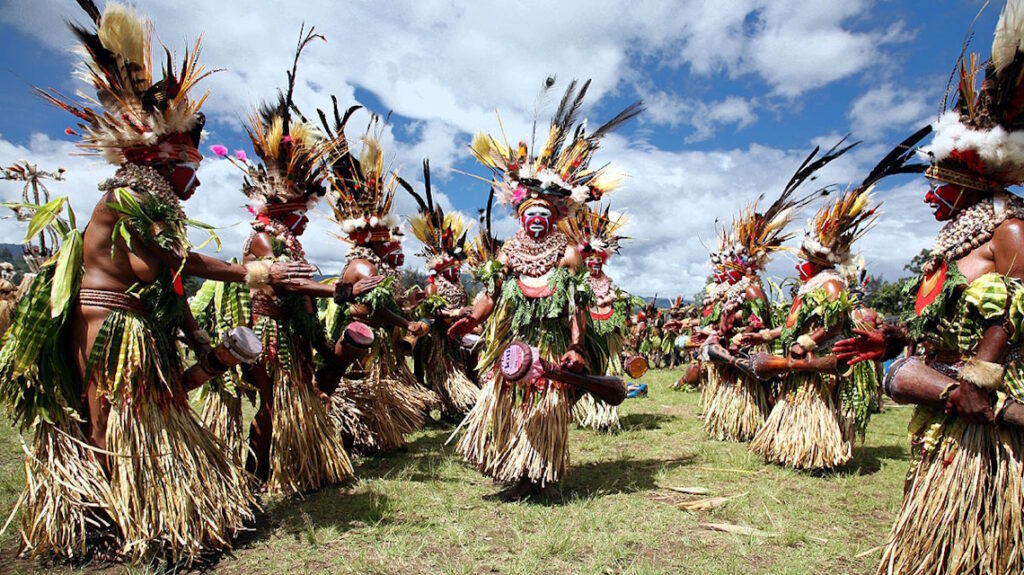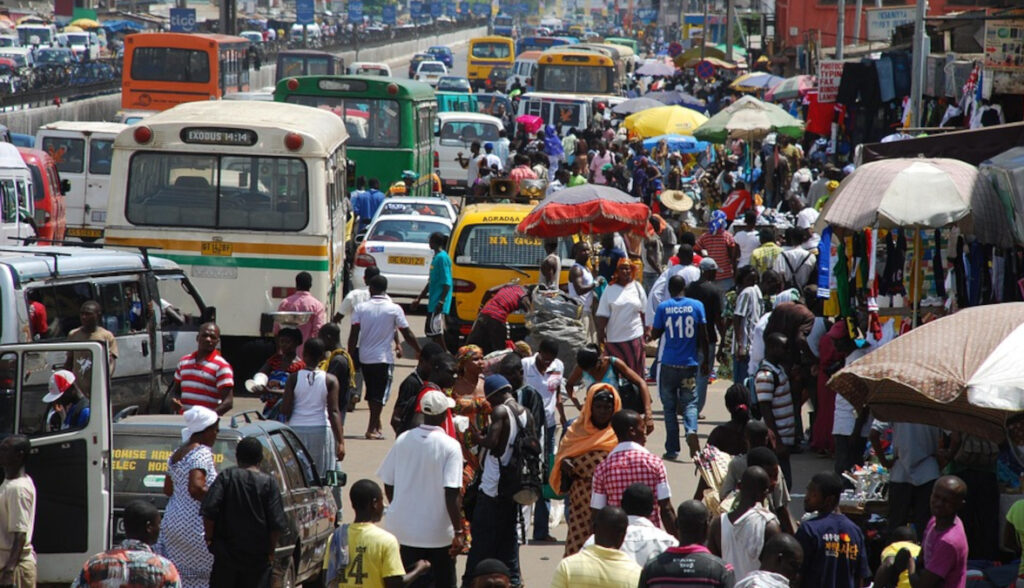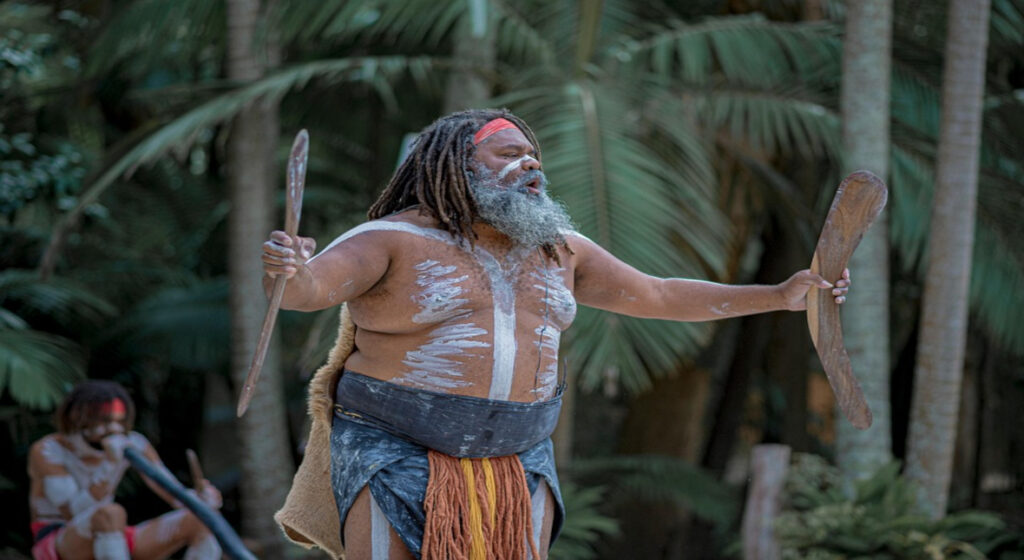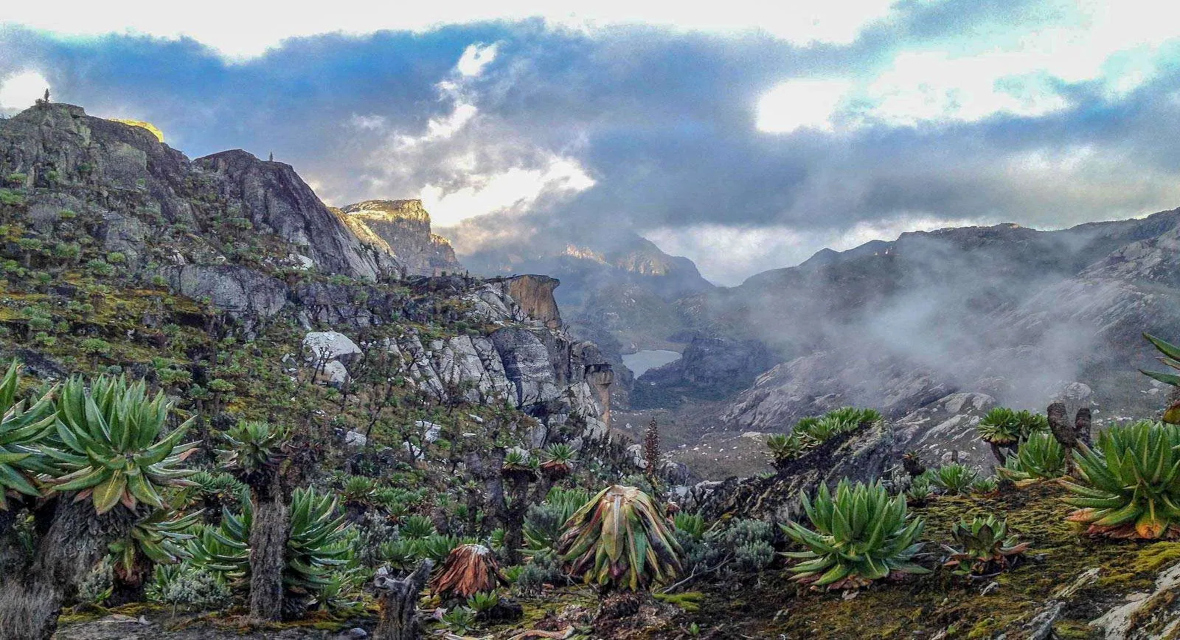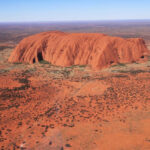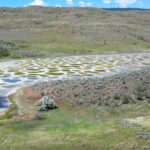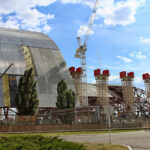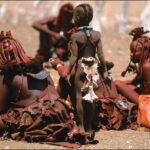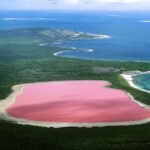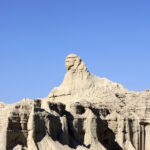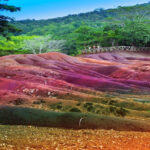Now Reading: Do People Live in the Rwenzori Mountains?
-
01
Do People Live in the Rwenzori Mountains?
Do People Live in the Rwenzori Mountains?
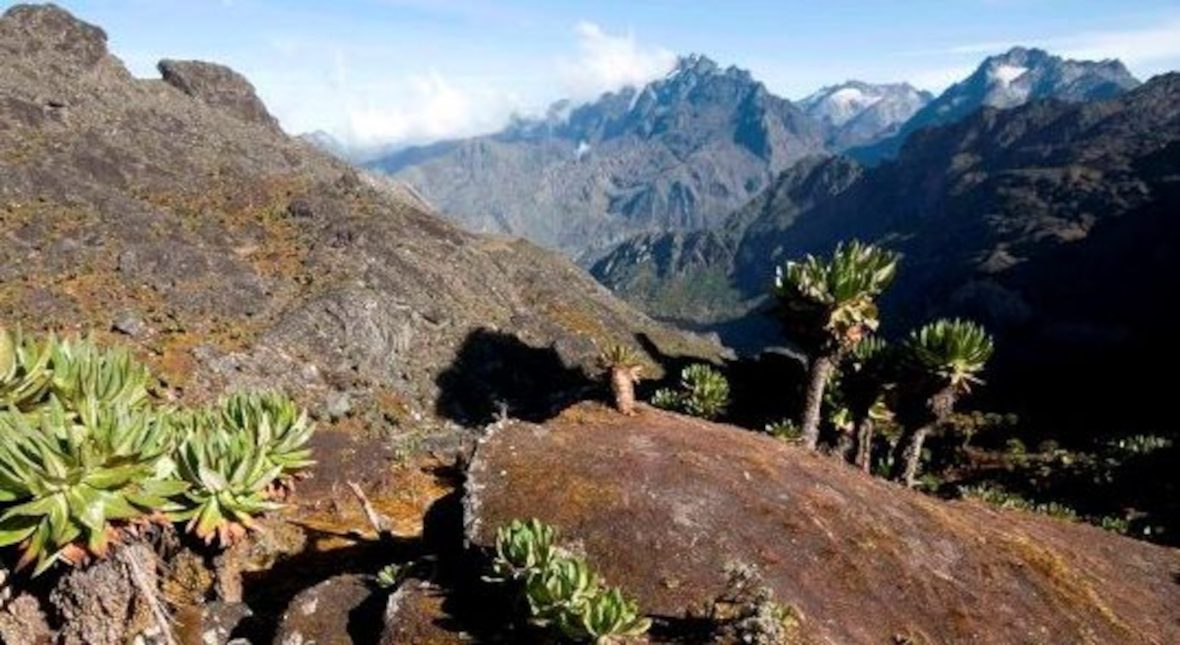
Yes, people do live in and around the Rwenzori Mountains. The main indigenous communities in the region are the Bakonzo and the Bambuti (Batwa) people.
The Bakonzo People
The Bakonzo are the dominant ethnic group inhabiting the lower slopes of the Rwenzori Mountains. They are skilled agriculturalists, cultivating crops such as bananas, yams, beans, and coffee. Due to the steep terrain, they practice terracing to prevent soil erosion and maximize farming productivity. Traditionally, the Bakonzo people have a deep spiritual connection with the mountains, which they believe are inhabited by powerful ancestral spirits. They also engage in livestock keeping, small-scale trade, and craftsmanship, such as weaving and blacksmithing, to sustain their way of life.
The Bakonzo have a rich cultural heritage, with traditional dances, songs, and storytelling playing a central role in their community gatherings. They celebrate important ceremonies, such as initiation rites and marriage rituals, with vibrant performances and feasts. Their traditional attire includes bark cloth and intricately woven fabrics, often worn during cultural festivities. The Bakonzo also revere their elders and maintain a strong oral history, passing down knowledge about the mountains, medicinal plants, and spiritual beliefs.
The Bambuti (Batwa) People
The Bambuti, also known as the Batwa, are an indigenous pygmy group traditionally living in the forests surrounding the Rwenzoris. They are expert hunters and gatherers who have historically relied on the dense forests for sustenance. Their survival strategies include hunting small game, gathering fruits, honey, and medicinal plants, and utilizing their deep knowledge of the forest ecosystem. However, conservation efforts and the establishment of national parks have significantly impacted their traditional way of life, forcing many to adapt to modern settlements or relocate to lower elevations.
The Batwa have a unique cultural identity centered around their deep connection with nature. They perform traditional dances and songs that mimic the sounds of the forest and the animals they hunt. Storytelling is an essential part of their culture, with legends and myths passed down to explain their origins and the significance of the natural world. The Batwa also practice traditional healing, using herbs and rituals to treat illnesses and maintain spiritual balance.
How People Survive in the Rwenzori Mountains
Life in the Rwenzori Mountains requires resilience and adaptation to the harsh environment. The local communities survive through several key strategies:
Agriculture – The Bakonzo primarily practice subsistence farming, growing staple crops like bananas, cassava, beans, and potatoes. They also cultivate coffee as a cash crop.
Hunting and Gathering – The Batwa traditionally relied on the forest for food, hunting small animals and collecting wild fruits and honey.
Livestock Rearing – Some families keep goats, sheep, and poultry for food and trade.
Terracing and Irrigation – Farmers use traditional techniques to manage the steep terrain and ensure crops receive adequate water.
Small-Scale Trade – Locals sell farm produce, handmade crafts, and medicinal plants in nearby markets.
Ecotourism and Cultural Tourism – Many community members work as guides, porters, and artisans, benefiting from the growing tourism industry in the Rwenzori region.
Mining and Resource Extraction – Some residents engage in small-scale mining of minerals such as slate stone and mica to supplement their income.
Community Cooperation – Strong social ties and communal living help families share resources and support one another in times of hardship.
Challenges of Living in the Rwenzori Mountains
While the Rwenzori Mountains provide stunning landscapes and rich biodiversity, they also pose significant challenges for human habitation:
Harsh Climate – The high altitudes bring cold temperatures, frequent rainfall, and misty conditions, making farming and daily life difficult.
Limited Infrastructure – Remote mountain villages often lack proper roads, healthcare, and educational facilities, making access to essential services a challenge.
Environmental Conservation – Many parts of the Rwenzori Mountains are protected within national parks, restricting agricultural expansion and traditional hunting practices.
Natural Hazards – The region is prone to landslides, floods, and glacial melt, all of which can disrupt daily life and pose risks to the local population.
Mining Impact – While mining provides economic benefits, unregulated extraction can lead to deforestation, soil erosion, and pollution, threatening the local environment.
The Future of Communities in the Rwenzoris
While life in the Rwenzori Mountains is undoubtedly challenging, the resilience and cultural heritage of the people who call this region home continue to thrive. As sustainable development efforts increase, the indigenous communities of the Rwenzoris may find new ways to balance tradition with modern opportunities.











